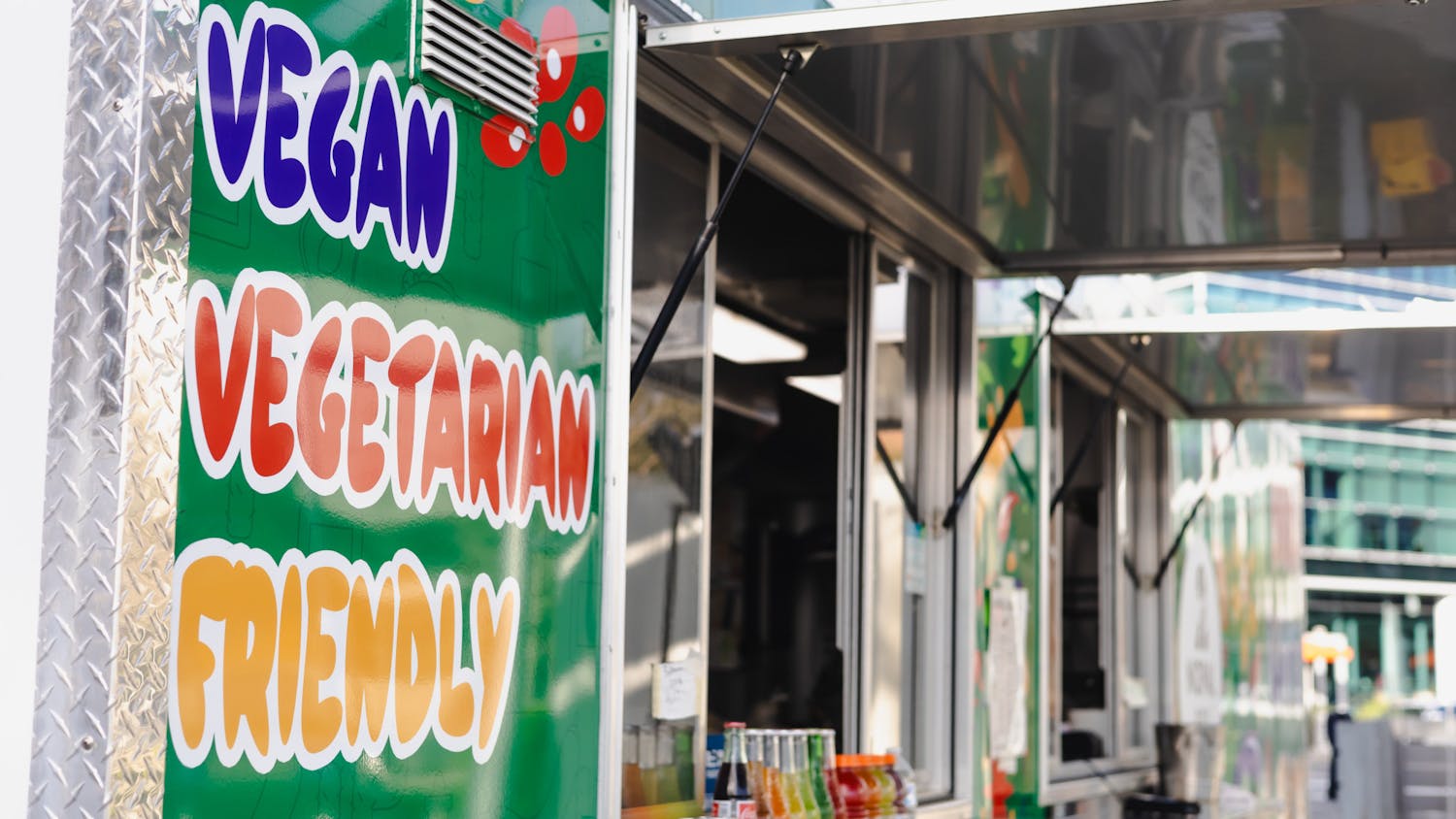I have recently come across a community of people who have a unique view about diets and veganism. These people believe that consuming a more plant-based diet is beneficial to the environment and our bodies, but they are open to making exceptions in times of inconvenience.
We all know that animal agriculture is one of the worst contributors of methane into our atmosphere. Not only do animals omit natural gases but the process of maintaining them, processing them and transporting them uses a lot of fossil fuels.
Veganism is a growing response to this threat to our environment —- Vegetarian Times reports that more than 1 million Americans are vegan. But what happens when you slip up or cheat? As humans, we are obsessed with perfection. We look for clear-cut labels to define us. If we eat very little meat, we want to go all the way and become vegan just so we can characterize ourselves easier.
The truth is, you don’t have to be a vegan to reduce the amount of meat you eat. Choose to become a “flexitarian” or a “reducetarian.” Flexitarians are those who stick to a mostly plant-based diet but allow for some flexibility in their lifestyle. A reducetarian is someone who commits to just eating less meat. Americans consume more meat than most cultures (270 pounds per person per year), so reducing our intake isn’t difficult.
Preserving the environment and keeping your body healthy aren’t the only reasons to consider becoming a flexitarian. Vegans are some of the most creative people in the food industry as of late. Their meals are full of color and successfully attempt to mimic non-vegan foods.
A trip to any major foodie city in the U.S. right now will reveal our growing fascination with vegan food. You find restaurants serving sofritas, vegan burgers and dairy-free ice cream. Many vegans supplement the lack of meat flavor with interesting sauces and combinations. This attention to flavor is something that non-vegan restaurants are missing.
If you recognize the negative impact of animal food products on the environments on our bodies, start with a less severe form of plant-based diet. If you simply must put a label on it, consider being a flexitarian or reducetarian. Don’t buy into the millennial agenda that you must be a full-on vegan or vegetarian in order to reduce your carbon footprint.
Layla Soboh is a UF advertising junior. Her column comes out Tuesday and Thursday.





